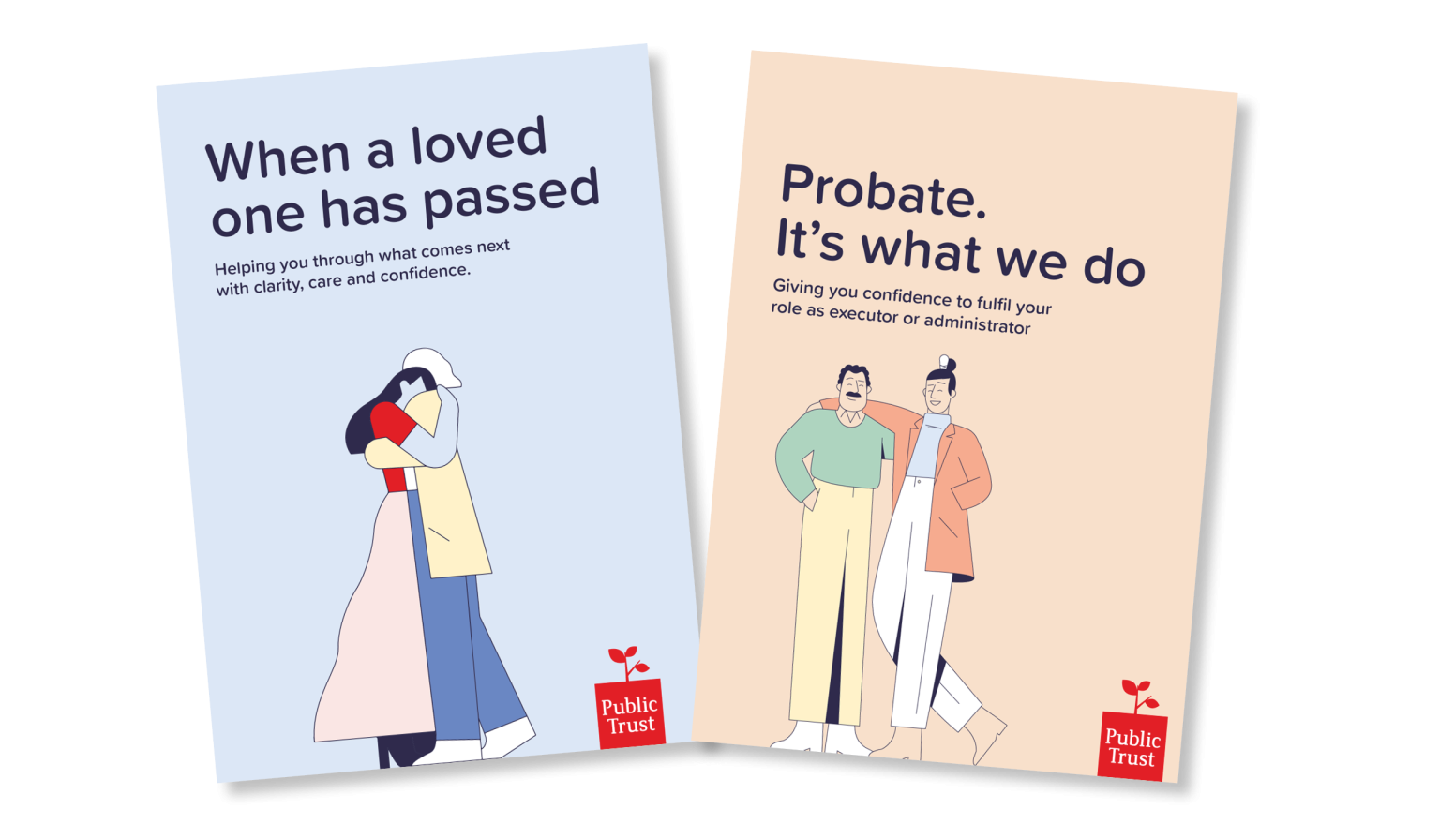
Have you been named executor? Here’s what you need to know
When someone passes away, you may be named as the person they wanted to carry out the wishes in their will – their executor. Whether you’ve known for years or it’s come as a surprise, being named as an executor is a significant responsibility and a sign of trust.
Being an executor
As executor, your role is to ensure the estate is administered and distributed according to the wishes outlined in the will. That means handling legal and financial matters, communicating with beneficiaries, and making sure everything is done properly and fairly.

What's involved
Here are some of the key tasks you may need to take on:
Locating and validating the will
Applying for probate through the High Court
Collecting and managing assets
Paying any debts and funeral expenses
Finalising tax matters with Inland Revenue
Distributing the estate to beneficiaries
Accounting to the beneficiaries
It’s a role that requires care, attention to detail, and a good understanding of the process – but you don’t have to do it alone.
How Public Trust can help
We offer flexible support to help you manage your responsibilities with confidence. Whether you need help applying for probate, support with a few tasks or full estate administration, we’re here to make things simpler.
Our services include:
You choose the level of support that suits your situation. We’ll guide you through each step, so you can focus on what matters most.
To learn more visit our probate page.

Find a booklet easier to navigate?
These booklets are designed to help you understand estate administration and probate, step by step.
Here's what others have asked
Need support as a solicitor?
Are you ready to take the next steps? Request a callback to begin.